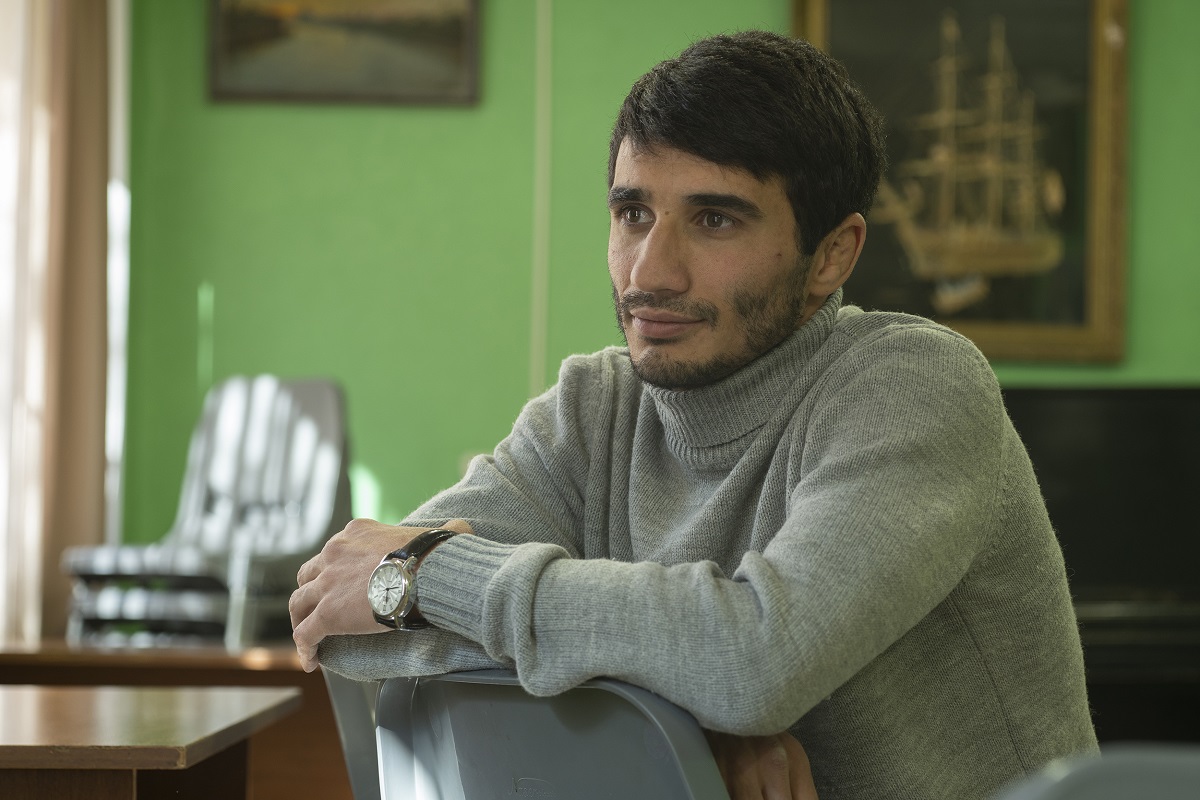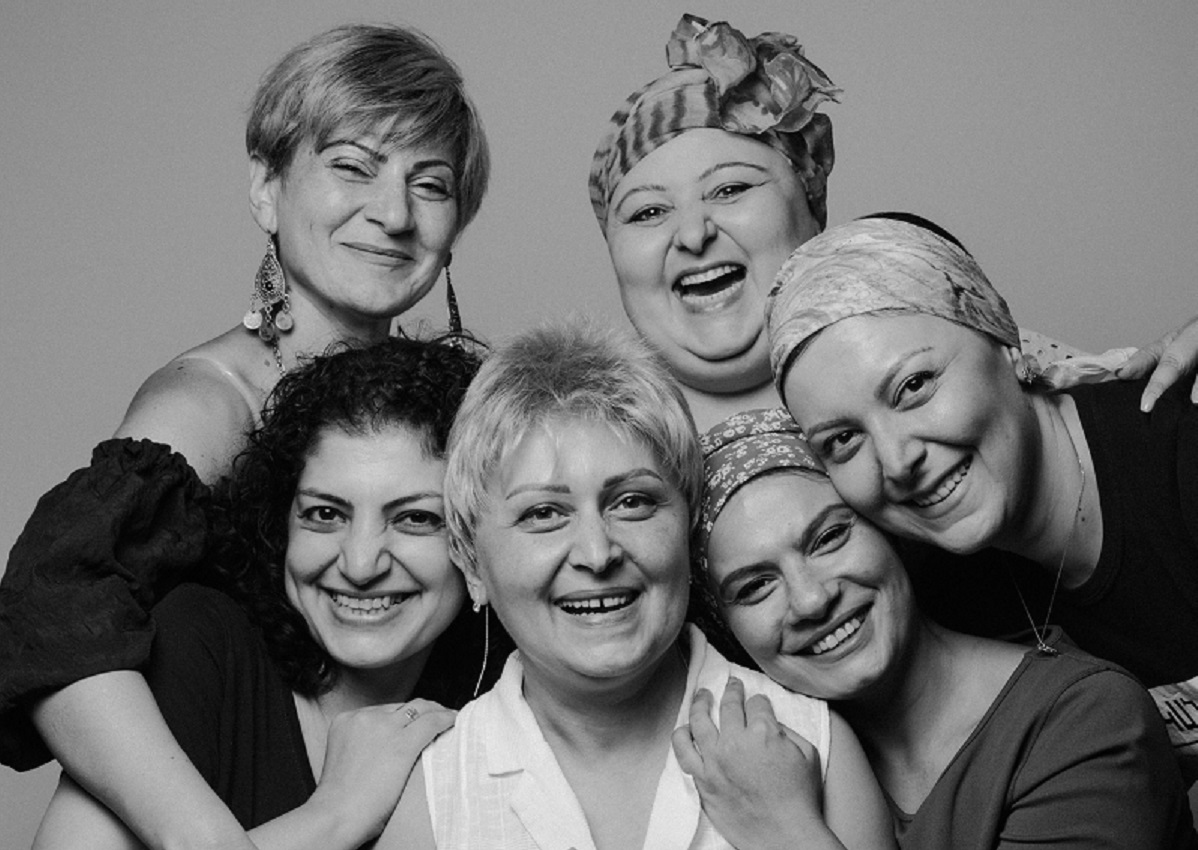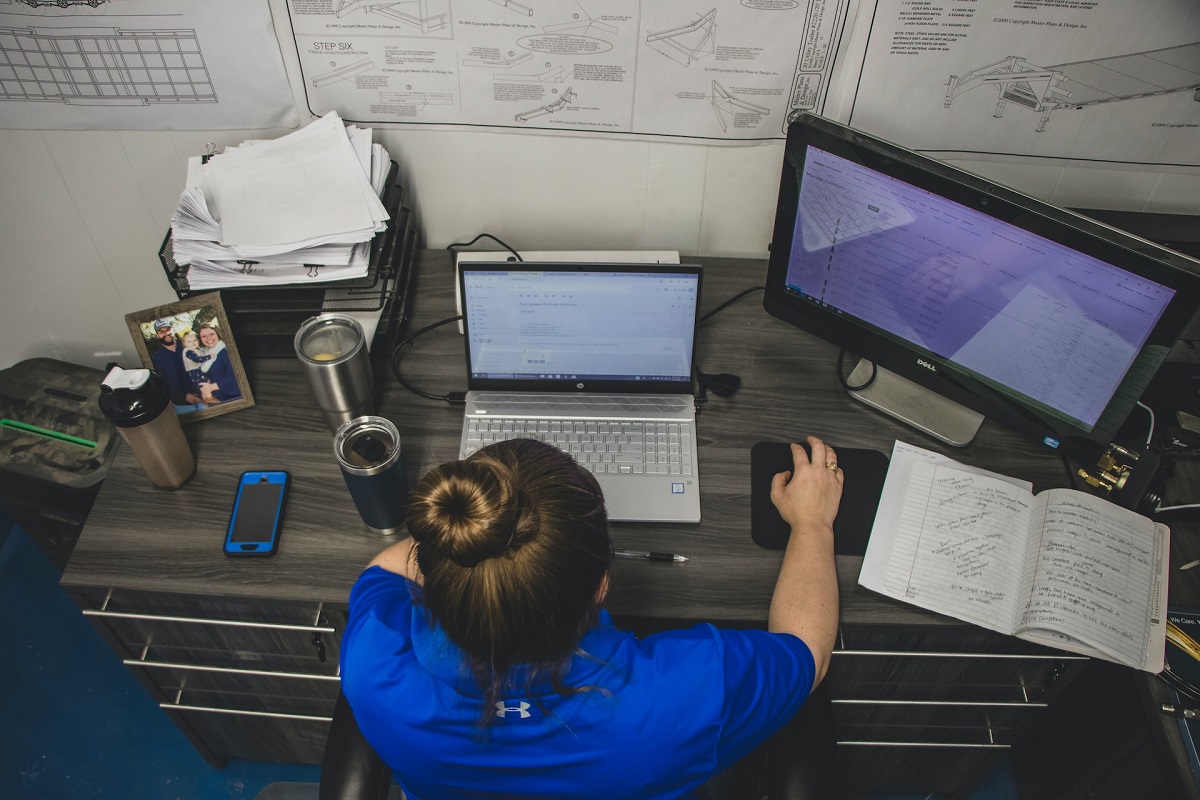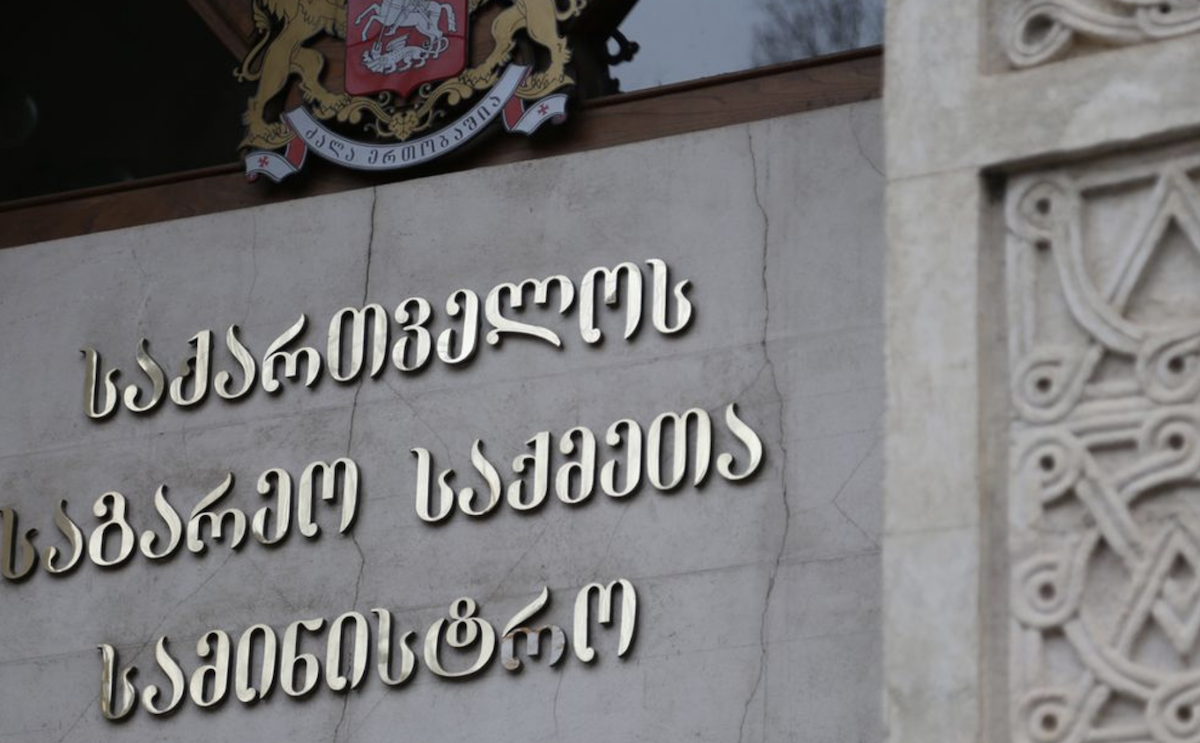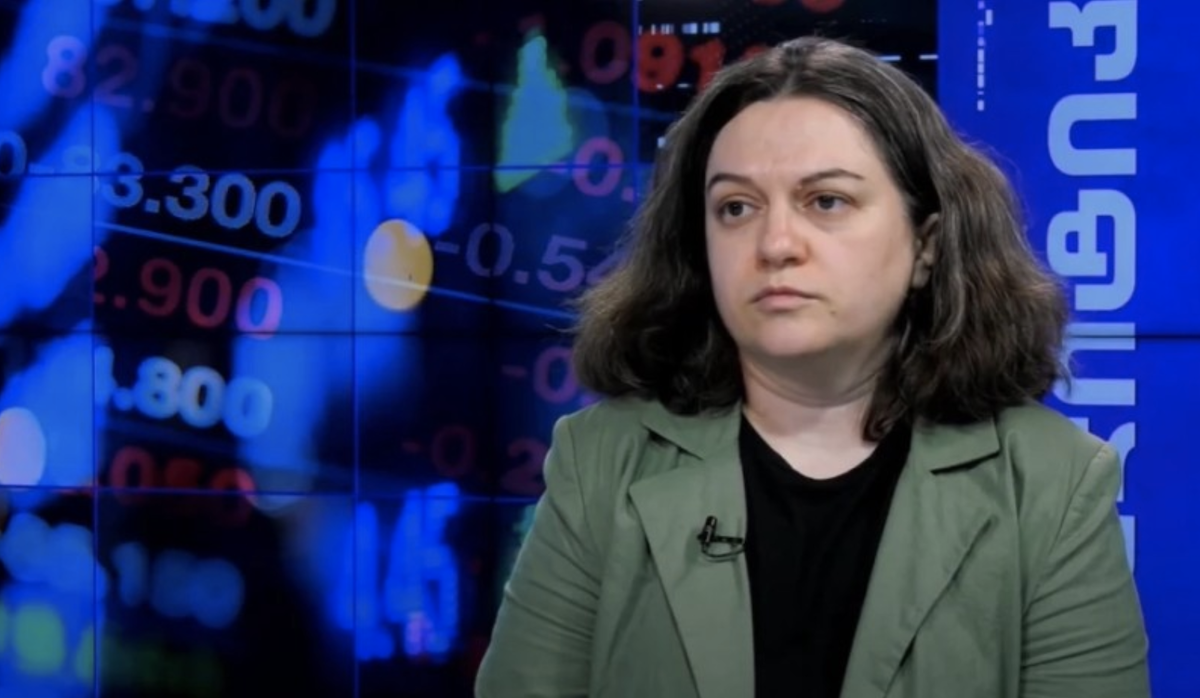Issues with personal assistants for disabled in Armenia
assistants for disabled in Armenia
Starting in 2024, individuals with disabilities in Armenia have been eligible for personal assistant services. After years of discussions, an amended and expanded version of the government’s decision on the conditions for providing a personal assistant came into effect at the beginning of the year.
It was initially planned to provide assistants to 2,450 beneficiaries. Currently, only 100 people are included in the program. The government promises to increase the number of participants if there’s demand.
However, potential beneficiaries and NGOs advocating for the rights of people with disabilities are dissatisfied with the government’s final decision. Specifically, they disagree with two additional conditions for receiving assistance. Assistance will only be provided to those who are over 15 years old and are either studying or working.
The following details cover everything about the project, including stories of people who would have liked to benefit from the project but were excluded due to these conditions.
- People with disabilities in Armenia will be provided with personal assistants
- Armenia launches universal health insurance system
- Demographic situation in Armenia
The project’s journey: from draft to approval
The service of providing personal assistants has been actively discussed since 2021. The preliminary project version was developed by the NGO “Disability Rights Agenda.”
“We prepared the project for the Ministry of Labor and Social Affairs, taking into account Sweden’s advanced experience in providing this service,” says the organization’s leader, Mushegh Ovsepyan.
In 2022, the government approved the decision with amendments suggested by the Ministry of Labor and Social Affairs.
According to Ovsepyan, it significantly differed from the original version developed by the NGO, and experts criticized it.
Responding to the criticism, government officials assured that after implementing the pilot phase and analyzing its results, appropriate changes would be made to the program.
In 2023, the Ministry of Labor and Social Affairs carried out a three-month pilot program for 10 disabled individuals. It involved five adults and five young people aged 15 to 18 years.
In the fall of 2023, an updated version of the project was presented on the website where government projects are published for public discussion. Interested organizations and experts presented 25 counterarguments and recommendations there.
Following this discussion, on January 4, 2024, the government approved the decision project with the appropriate additions.
Positive changes
The decision included changes that were both favorable to beneficiaries and provisions that limited their potential participation in the project.
Among the positive amendments is the removal of the provision that only individuals from socially disadvantaged families could access personal assistant services.
Another positive change is allowing family members to become personal assistants themselves. In this case, the choice belongs to the person with a disability. There is only one condition: the family member must undergo training to qualify as an assistant.
Problematic provisions
The final version of the decision allows individuals “with severe or profound mobility, vision, mental health, or intellectual impairments” to receive personal assistant services. However, potential beneficiaries face two important preliminary conditions:
“Since the program aims to help people with disabilities participate more in society and access education and jobs, it’s available to those 15 years old and up. To be eligible, you must be working, going to school, or have promised in writing to start working or studying within the next three months.”
The first condition: beneficiaries must be aged 15 years or older
The minister of labor and social affairs, Narek Mkrtchyan, provided clarifications on this provision:
“We offer this service starting from age 15 because it is at this age that a young person with a disability can decide whether to continue their education in a vocational institution [college] or high school. This is also an appropriate age to have a personal assistant by their side to develop independent living skills.”
The head of the NGO “Disability Rights Agenda,” Mushegh Ovsepyan, disagrees with this approach. He states that children need personal assistants at an earlier age:
“The need for a personal assistant often arises at earlier stages of adolescence when children gain some independence from their parents. This period is a critical threshold for self-assessment and inclusion.”
JAMnews inquired with the ministry whether it is possible to change the age threshold for the provision of services and received the following response:
“Based on the annual results of the personal assistant service and their analysis, the target group may be revised if necessary.”
The project’s main goal is to assist people with disabilities in living independently and integrating into society. Prime minister Nikol Pashinyan emphasized that this decision aims not at charity but at fully utilizing the economic, political, and intellectual potential to develop the country. He acknowledged the potential of these individuals and wants to help them realize it.
However, the head of the organization that worked on the initial version of the personal assistant project disagrees. He clarifies that this service isn’t about aiding employment or education but adheres to clear criteria and standards set by international agreements. The project, he argues, isn’t about overcoming poverty or enhancing the country’s economic activity.
He believes it’s unrealistic to require people with disabilities to pursue education or employment, stating it’s incorrect to condition this service on such requirements. Expecting that people with disabilities, who need this service, can work or study under the current situation in Armenia is far from reality. Even a healthy person can’t guarantee finding a job.
JAMnews asked the ministry how it plans to help fulfill these mandatory conditions of employment and education. The response indicated that these individuals would be considered potential beneficiaries under the ministry’s employment programs.
Regarding education, the ministry advised looking at provisions related to education in a government resolution appendix. However, there are no clear statements on aiding people with disabilities in obtaining education.
What happens if the preliminary conditions are not met?
After signing the contract for personal assistant services, the Ministry of Labor and Social Affairs will regularly monitor compliance. The first check is scheduled three months after signing.
Responding to our inquiry about this point, the ministry warns that if it’s found that the beneficiary isn’t working or studying, the contract will be terminated.
“This state approach essentially deprives those most in need of a personal assistant, even if they are unable to work or study,” says Mush Eg Ovsepyan.
Stories of those who cannot benefit from the project
Potential beneficiaries of the program express dissatisfaction on social media, writing that they hoped to participate in the project but are excluded due to restrictions. Meanwhile, the Ministry of Labor and Social Affairs insists they have received no complaints related to the decision.
Gayane Gabrielyan from the village of Chinchin in Tavush region is raising her son, Narek, alone. Narek has cerebral palsy and is now 20 years old. Constant care for her son has prevented Gayane from working. For years, her parents helped, but they are now elderly and need care themselves.
“When I first heard about the personal assistant program, I was hopeful. I thought I could become my son’s personal assistant and earn money while caring for him. But learning about the mandatory conditions of work or study, I was very disappointed,” she says.
Narek’s condition prevents him from studying or working, which means he can’t benefit from the program. “I believe the government should not differentiate among people with disabilities. If my son could study or work, we would have done so without needing government support,” Gayane adds.
Susanna Nersesyan from Yerevan can’t work because she cares for her daughter, who has had a disability since childhood. She hoped the project would provide government assistance to her family, but the mandatory conditions exclude them.
“My daughter attended a boarding school for a few years. She didn’t receive a full education. Because of her illness, she’s on psychotropic drugs all day and needs my care. How can someone in her condition study or work?” Susanna wonders.
She plans to write to the Minister of Labor and Social Affairs to express her position and the dissatisfaction of those facing similar issues, hoping the government will reconsider and remove the work and study requirement.










